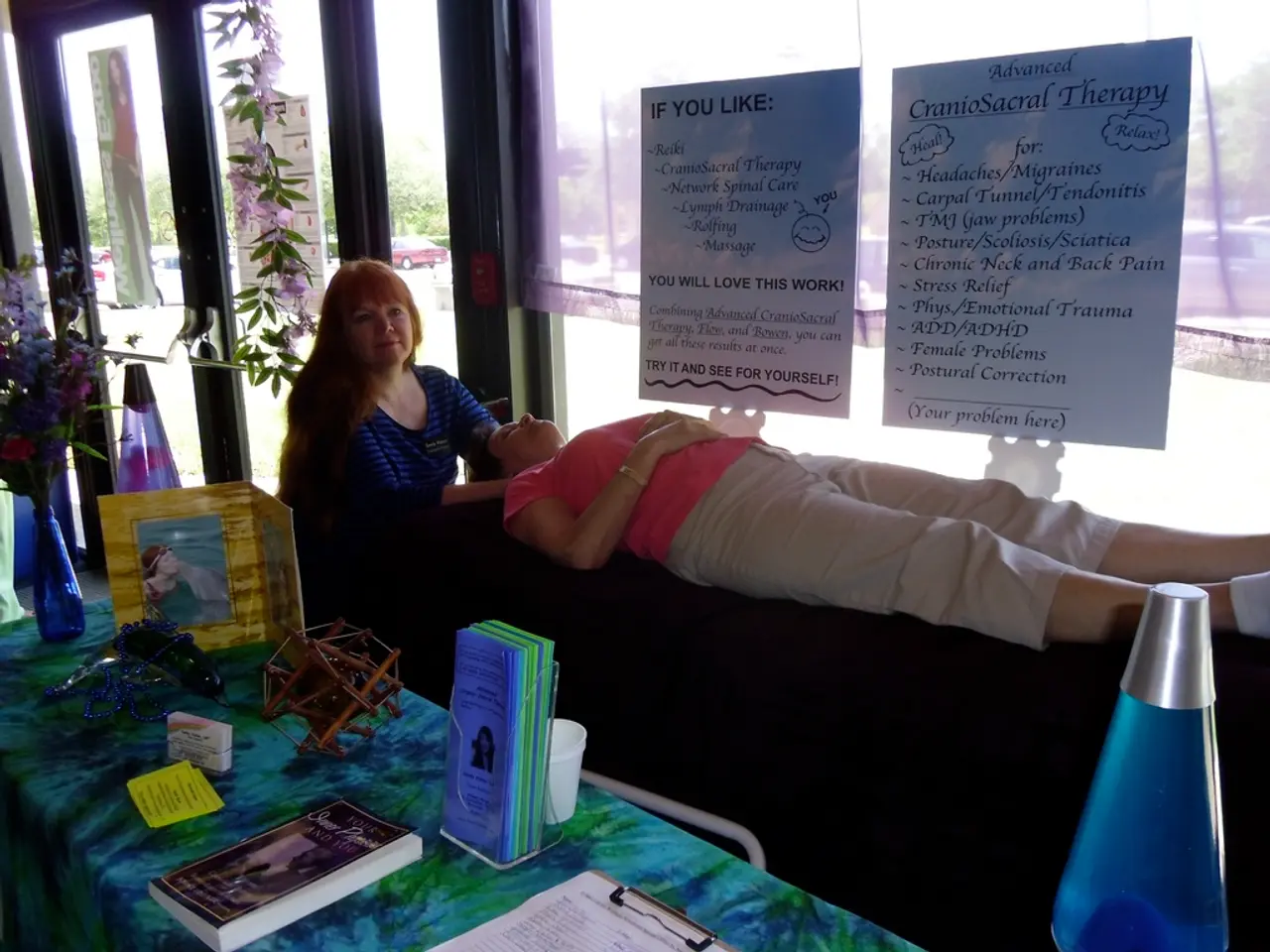The Placebo Effect: An exploration into the phenomenon where individuals experience real improvements in their health due to the belief that they are receiving a genuine treatment, even when given a harmless substance.
In the realm of medical research, a fascinating phenomenon known as the placebo effect has been observed. This effect, where a sugar pill or saline solution can exhibit healing properties, is not a new concept (The Placebo Effect, studies).
The placebo effect is primarily a psychological phenomenon, rooted in expectations and classical conditioning. Believing that a treatment will work (expectancy theory) can cause actual subjective and objective changes in symptoms. Classical conditioning also plays a role by associating a placebo with the effects of real treatments, leading to conditioned responses (The Placebo Effect, studies).
The placebo effect works by triggering measurable changes in the body. For instance, brain regions involved in pain modulation release endogenous opioids during placebo analgesia, reducing pain sensation (The Placebo Effect, studies). Different placebo presentations can cause corresponding physiological effects due to learned anticipations (The Placebo Effect, studies).
This mind-body interaction explains how mere belief can induce biological changes. In fact, up to 50% of people may experience improvement even when given a placebo (Dr. Allan). However, it's important to note that while there are no known side effects to taking a placebo, a "nocebo effect" can occur, leading to negative outcomes if one expects them (Dr. Allan).
The placebo effect has been observed in various conditions, including chronic pain, nausea, sleep conditions, depression, and mood disorders (studies). In double-blind studies, one group of patients may be given a placebo while another is given the actual medication being tested (studies). An intriguing example is a migraine treatment study, where those told they were given a placebo reported the same level of relief as those given a placebo labeled as the brand-name drug (study).
Conditioning is a learned behavior where a person starts depending on a specific outcome. For example, taking acetaminophen (Tylenol®) for headaches and feeling relief faster because the brain associates relief with taking medication is a form of conditioning. Similarly, practicing yoga or meditation can lead to conditioning, where the brain associates the rituals with stress relief.
In the context of controversial treatments, such as unregulated CBD oil products, the placebo effect can also be observed (Dr. Allan). Repetition of similar experiences can become a self-fulfilling prophecy, causing the brain to release hormones in response to certain behaviors.
In the recent COVID-19 vaccine studies, 76% of reported side effects like headaches and fatigue weren't due to the vaccine but a nocebo response (researchers). The stronger the expectations and belief in a treatment, the more likely it is to have a positive effect.
In conclusion, the placebo effect emerges from a complex interplay where psychological factors like expectation, conditioning, and motivation influence physiological processes including autonomic functions and neurochemical pathways to produce real changes in symptoms and health states (The Placebo Effect, studies). It's a fascinating area of research that continues to shed light on the intricate relationship between the mind and body.
Mental health conditions, such as depression and mood disorders, can exhibit a response to placebos, indicating the extent to which expectations and beliefs can impact subjective and objective health outcomes (studies). The placebo effect can also manifest in areas beyond medicine, including health-and-wellness practices like yoga and meditation, where repeated rituals can condition the brain to associate certain behaviors with stress relief.




